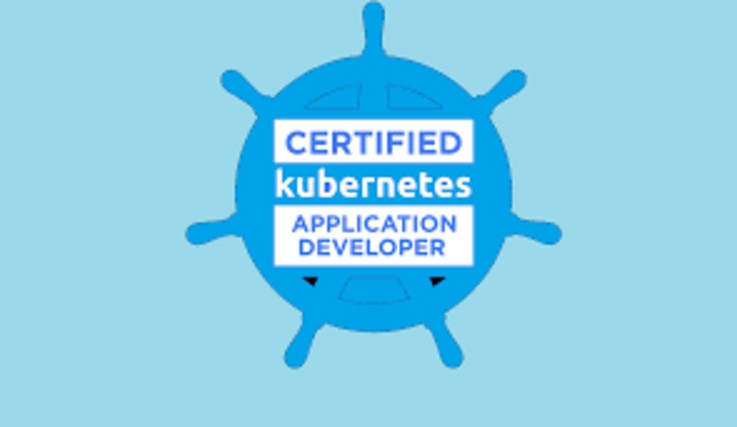
The Kubernetes for Developers Certified Course is designed to equip software developers with in-depth knowledge and practical skills to deploy, manage, and scale containerized applications using Kubernetes. This course covers the fundamental concepts of Kubernetes architecture, pods, deployments, services, and ingress controllers, while emphasizing hands-on experience with real-world scenarios. Participants will learn how to automate application deployment, manage container lifecycles, implement monitoring and logging, and ensure application resilience in cloud-native environments. By the end of the course, developers will be prepared to confidently design, deploy, and manage scalable, highly available applications on Kubernetes clusters, and will gain the expertise required to pursue Kubernetes certification.
Module 1: Introduction to Kubernetes Overview of containerization and Kubernetes Kubernetes architecture: nodes, pods, clusters, control plane, and worker nodes Differences between containers and virtual machines Setting up local Kubernetes environment using Minisub / Kind.
Module 2: Kubernetes Core Concepts Pods, Replica Sets, Deployments Namespaces and labels ConfigMaps and Secrets Understanding the Kubernetes API.
Module 3: Deployments and Scaling Rolling updates and rollbacks Blue-green and canary deployment strategies Horizontal Pod Autoscoring Managing application lifecycle in Kubernetes.
Module 4: Services and Networking Service types: Clustery, Node Port, Load Balancer Ingress and Ingress Controllers (NGINX / Traffic) Network policies DNS and service discovery in Kubernetes.
Module 5: Storage in Kubernetes Persistent Volumes (PV) and Persistent Volume Claims (PVC) Storage Classes and dynamic provisioning StatefulSets and managing tasteful applications.
Module 6: Helm and Package Management Introduction to Helm Charts and repositories Installing, upgrading, and managing applications with Helm.
Module 7: Monitoring and Logging Using Prometheus for monitoring Kubernetes clusters Graafian dashboards for visualization Logging with Fluent and ELK stack Alerts and notifications setup.
Module 8: Security and Access Management Role-Based Access Control (RBAC) Service accounts and authentication Network policies for secure communication Secrets management and encryption.
Module 9: CI/CD Integration with Kubernetes Integrating Kubernetes with Jenkins / GitHub Actions / GitLab CI Automating build, test, and deployment pipelines Blue-green and rolling updates via CI/CD Managing environment-specific configurations.
Module 10: Troubleshooting, Best Practices & Certification Prep Debugging pods, services, and deployments Common errors and their resolution Best practices for production-grade Kubernetes applications.
Mobile: 9100348679
Email: coursedivine@gmail.com

You cannot copy content of this page